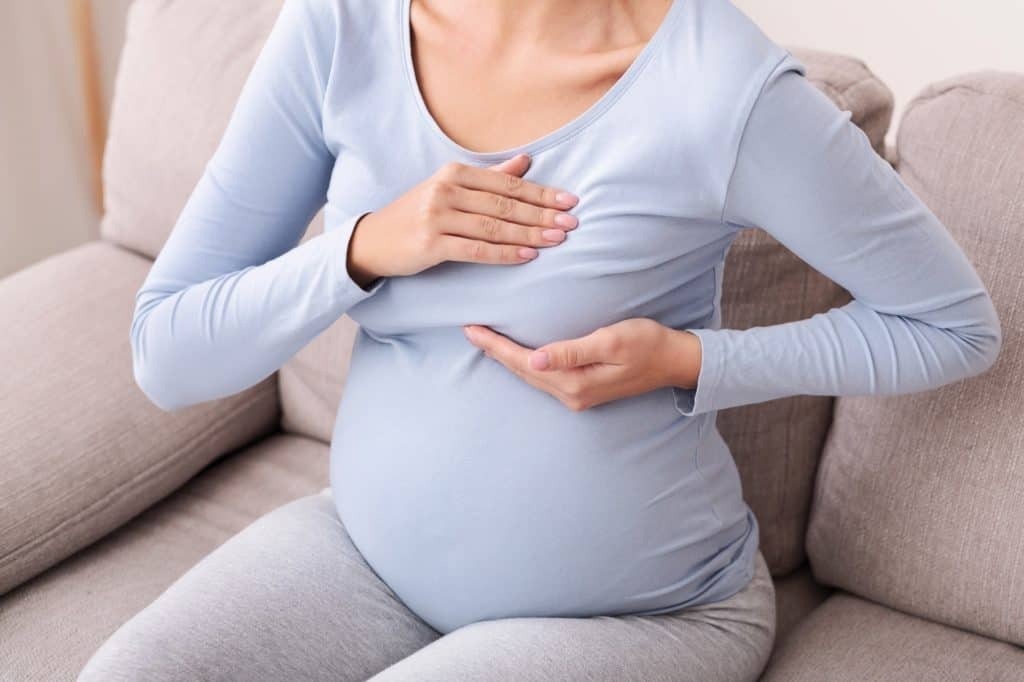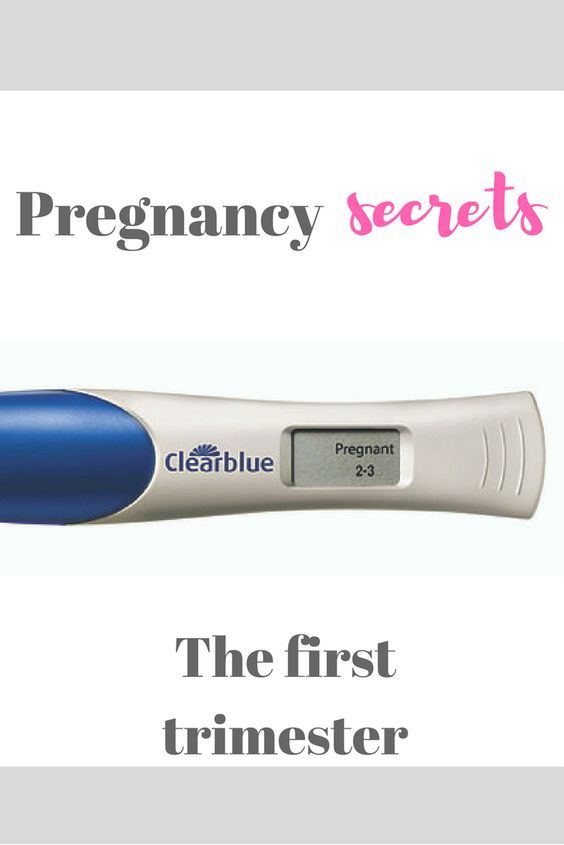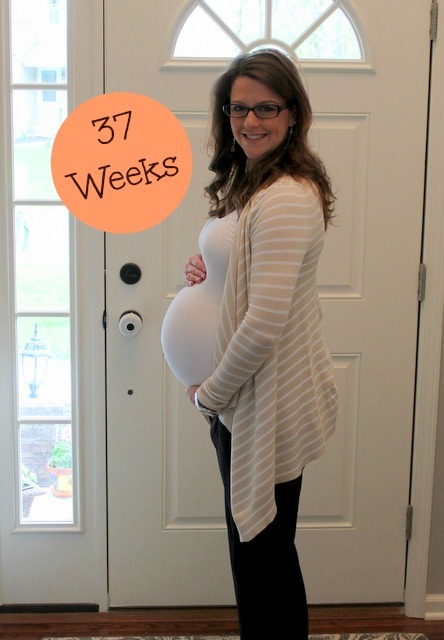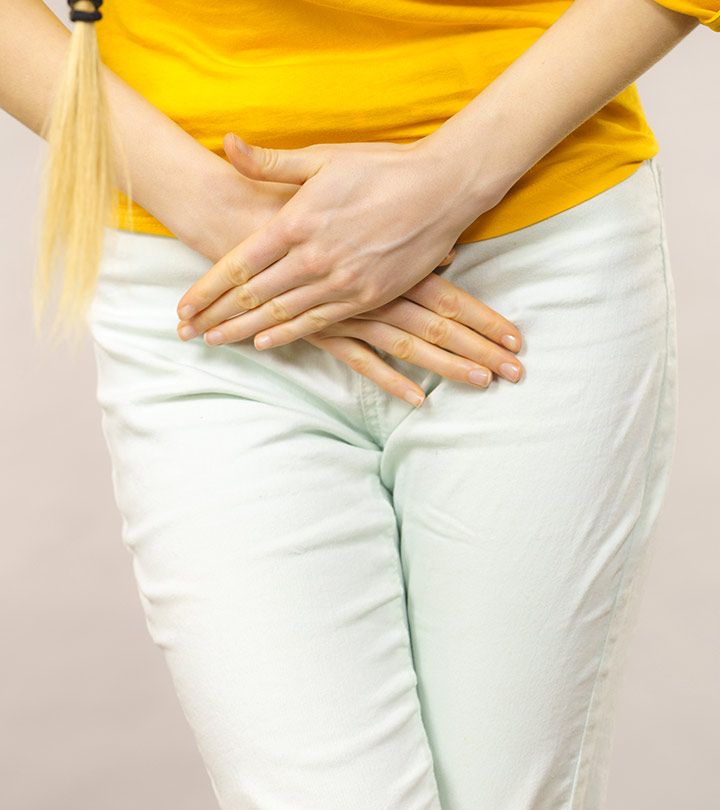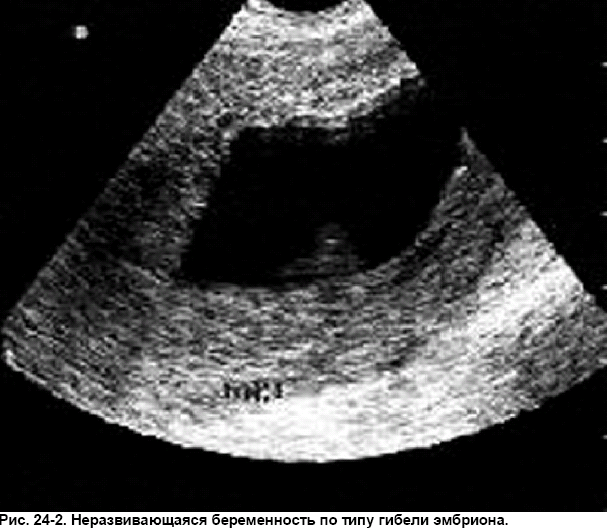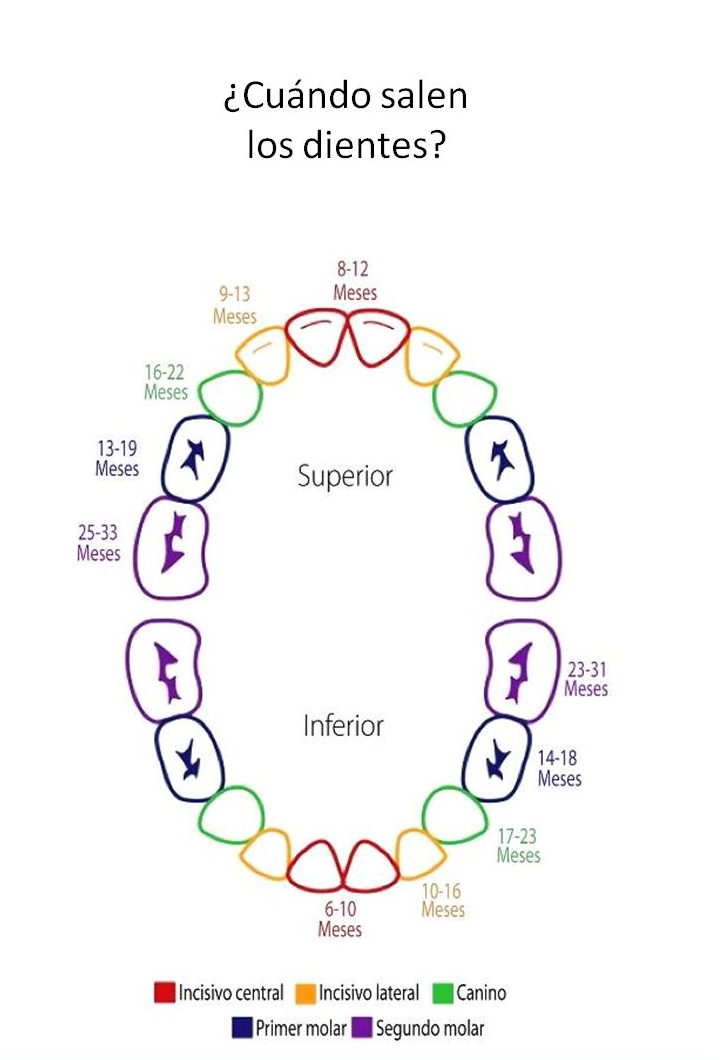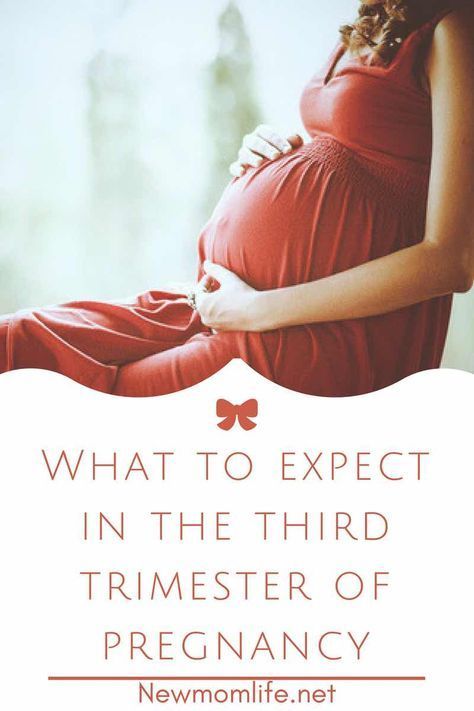Shooting pains in breast pregnancy
Should I Worry about Sharp Breast Pain in Pregnancy?
Pregnancy is an exciting journey for all women even though it is riddled with lots of issues that can cause pain and discomfort. Sharp breast pain pregnancy is one of them and is very common. Tenderness, soreness, swelling and pain in the breasts are one of the first symptoms that appear when a woman gets pregnant. These symptoms of breasts are the indication that your body is making the necessary changes to facilitate the process of lactation for your baby. There are various effective strategies that you can adopt to manage the pain in your breasts.
- Sharp breast pain can occur anytime during the course of your pregnancy. Your breast may become tender as soon as you conceive or within two weeks of conceiving. Progesterone and estrogen are the reproductive hormones in your body and their production increases when you conceive. They act on the milk ducts in your breast and prepare them to produce breast milk. This leads to increase in size of your breast resulting in breast pain and swelling.
Estrogen causes your breast to enlarge and progesterone helps the milk glands to mature by causing the accumulation of water.
- During the second trimester your milk glands and breasts continue to increase in size in preparation for milk production and storage. Deposition of excess fat also contributes to increase in breast size. During the second trimester your breasts are no longer tender; however, your nipples become tender. Your enlarging breast will continue to cause sharp breast pain during the second trimester of pregnancy.
- During the third trimester your body produces a hormone called prolactin. Prolactin is responsible for the production of colostrums, which is the substance that your breast secretes before the secretion of breast milk. The tenderness in your breast returns during this trimester and your breasts become full and heavy and you often experience sharp breast pain.
If the pain in your breasts is severe you should consult your doctor. He may recommend pain killers to reduce the pain. Sometimes over-the-counter pain killer medications will help reduce the pain. However, do not take any medications without consulting your doctor.
He may recommend pain killers to reduce the pain. Sometimes over-the-counter pain killer medications will help reduce the pain. However, do not take any medications without consulting your doctor.
You should visit your physician if you have sharp pain accompanied by fever as this may indicate an infection or clogged duct.
You should also visit your physician if your pain is located more in chest area and:
- You also suffer from shortness of breath and cough
- Your pain radiates to any of the arm
- You have fever
- You also have dizziness, unusual sweating and shortness of breath
Any of the above symptoms may indicate that there is a problem with functioning of the lungs or heart and should be checked by your physician.
1. Massage with oil
Massaging with olive oil, coconut oil or castor oil improves blood circulation in the breast and provides pain relief. This also helps in drainage of lymph fluid from the lymph nodes; thereby, preventing infection. You should gently apply a teaspoon of oil and massage on your breasts in circular motion just before taking shower.
This also helps in drainage of lymph fluid from the lymph nodes; thereby, preventing infection. You should gently apply a teaspoon of oil and massage on your breasts in circular motion just before taking shower.
Applying a cabbage wrap on your breast will have a soothing and healing effect and soothes sharp breast pain pregnancy. You can make a wrap by separating the leaves of a cabbage and boiling them for 3-5 minutes. Then take a single leaf and wrap it on your breast. Repeat it twice daily for pain relief.
3. Try flax seedsConsuming flaxseeds will help reduce pain in your breasts. You should mix 1 tablespoon of powdered flaxseed with water, fruit juice or yoghurt and consume it for pain relief. However, consult your doctor before consuming flaxseeds.
4. Apply cold compressThere may be an increase in the temperature of your breasts due to increased blood flow which can cause tingling and pain in your breasts. Applying a cold compress using a cold wash cloth or ice pack on your breasts will provide pain relief.
Applying a cold compress using a cold wash cloth or ice pack on your breasts will provide pain relief.
The irritants present in your detergents can worsen your breast pain and tingling. Use detergents meant for sensitive skin. You should also avoid using soaps that may dry your skin which can aggravate the irritation in your breast.
6. Apply soothing creams and lotionsLanolin containing creams and lotions can provide effective relief from breast pain when applied on your breasts. There are many over-the-counter lanolin containing creams and lotions available in the market. Lanolin reduces dryness, irritation and prevents infection in the breasts. Apart from lanolin, chamomile and calendula are also effective for pain relief. Products containing shea butter and cocoa butter also provide effective relief.
7. Consume a lot of waterWater retention can lead to swelling and tenderness of your breast.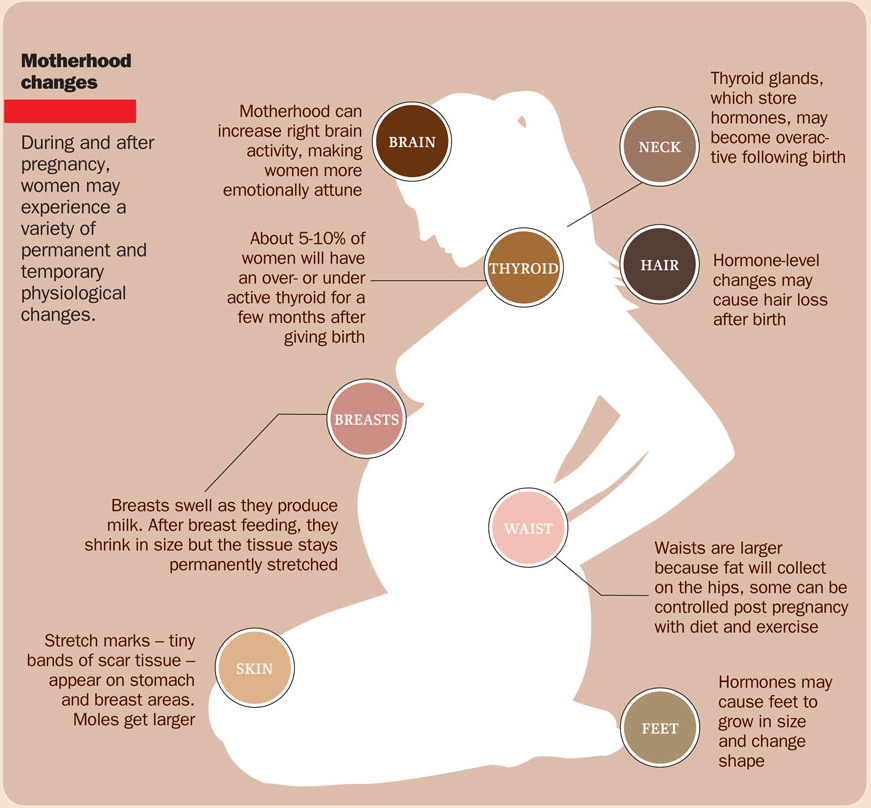 Dehydration can lead to water retention in you breast. Consuming a lot of water will flush out the excess fluid retained in your body especially your breasts. This will reduce the swelling in your breasts and the associated pain.
Dehydration can lead to water retention in you breast. Consuming a lot of water will flush out the excess fluid retained in your body especially your breasts. This will reduce the swelling in your breasts and the associated pain.
Increased consumption of salt causes water retention which may result in swollen and painful breasts. You can reduce pain and swelling in your breasts by decreasing your dietary salt intake.
9. Take a warm water bathWarm water can soothe the pain and irritation in your breast. Standing under a warm shower may increase the pain in your breast due to the force of the water falling on it. However, you can fill a bath tub with warm water and soak in it which will facilitate pain relief. Sharp breast pain pregnancy can be managed by warm water bath.
10. Reduce intake of hydrogenated oilsConsuming hydrogenated oils can inhibit the production of gamma-linolenic acid (GLA) which is produced from fatty acids in your diet.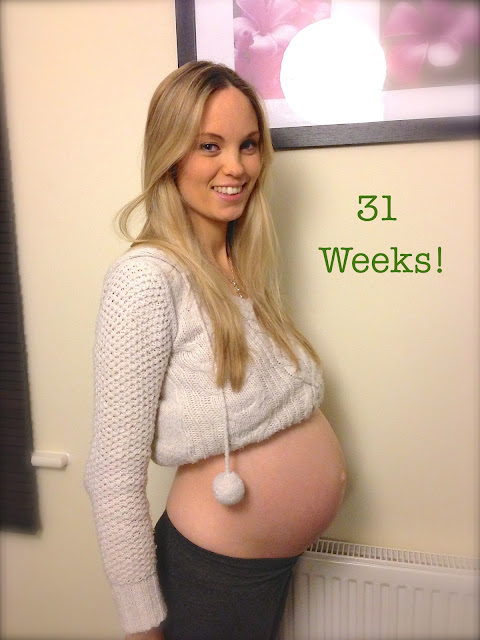 GLA helps in reducing pain in the breast. Avoid foods containing margarine and baked and processed foods, which are rich in hydrogenated oils.
GLA helps in reducing pain in the breast. Avoid foods containing margarine and baked and processed foods, which are rich in hydrogenated oils.
Your doctor may recommend vitamin and mineral supplements when you are pregnant. You should especially consume vitamin E supplements after consulting your doctor and foods rich in vitamin E. Vitamin E has antioxidant properties that will reduce pain and swelling in your breast. Foods rich in vitamin E include almonds, avocado, sunflower seeds and wheat germ.
12. Wear the right braDuring your pregnancy as your breast is increasing in size it is recommended that you opt for a bra that fits your growing breast. A maternity bra or sports bra will help keep your breast comfortable. Bras made of soft fabric will also help reduce irritation. Underwire bras can increase your discomfort during pregnancy so do not wear them. Wearing bras while sleeping at night will help reduce discomfort. You should also consider wearing breast pads to reduce irritation in your nipples. Sharp breast pain pregnancy can be managed by wearing the right bra.
You should also consider wearing breast pads to reduce irritation in your nipples. Sharp breast pain pregnancy can be managed by wearing the right bra.
Acupressure can be an effective treatment for your breast pain. You should approach an acupressure professional who will be able to advise you.
14. ExerciseTry exercising to strengthen the muscles behind your breasts called pectorals. However, you should start exercising after consulting with your health care provider and under the guidance of a physical trainer.
As Early Sign, vs. During Period, More
Sore boobs can be — well, a pain. But if you’ve been trying to get pregnant, you may be thinking that the ache in your bra is the sign you’ve been waiting for. Could this be it? Am I pregnant?!
Already gotten those two pink or blue lines on a home pregnancy test? Alas, this sore feeling could last a while. But try not to worry — most of the changes your girls are going through are totally normal.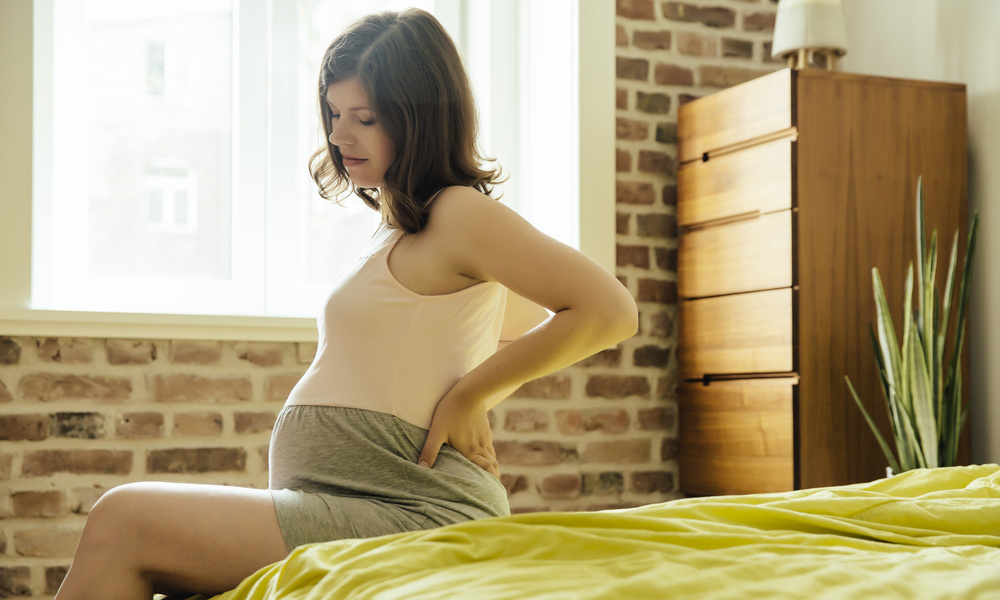 We’ll talk about this more in a minute.
We’ll talk about this more in a minute.
Wondering if you’re pregnant? Well, what’s frustrating is that sore boobs can occur for so many different reasons. Some relate to hormones that ebb and flow not just during pregnancy, but also during your regular cycle.
Before you let your disappointment settle in at another inconclusive sign, though, let’s look a little closer — there are some distinguishing features that often make sore boobs a little different in pregnancy.
Like breasts themselves, breast pain comes in many varieties. It can happen in one or both breasts. You may feel it all over, in a specific spot, or moving outward into your armpits. The soreness can be constant, or it can come and go.
During the earliest weeks of pregnancy, breast pain tends to be dull and achy. Your boobs may feel heavy and swollen. They can be super sensitive to the touch, making exercise and sex play very uncomfortable. (Pro tip: Wear a reliable sports bra and also communicate with your partner to explore other areas during this time.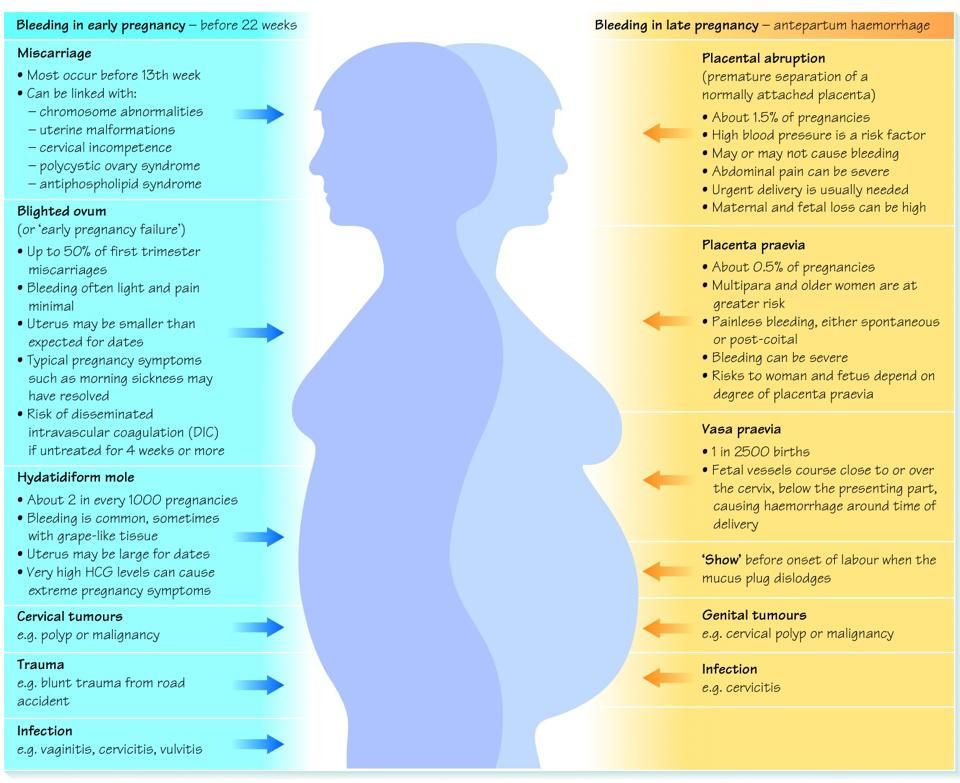 ) If you’re a stomach sleeper, the pain can keep you up at night.
) If you’re a stomach sleeper, the pain can keep you up at night.
For many women, the nipples are particularly sensitive in these early weeks. They can be so tender to the touch that it hurts to dry off after a shower or put on a bra (go braless with confidence!). But extreme nipple sensitivity typically passes within a few weeks.
As the first trimester progresses, you may notice fullness and heaviness rather than tenderness. Some women also experience a tingling sensation in the nipples and areolas during the first trimester.
Sharp breast pain — which can feel like a knife being stabbed into a specific area of one breast — isn’t common during pregnancy. While it can happen, this type of pain is less common with pregnancy.
Breast pain is often the first symptom of pregnancy, occurring as early as one to two weeks after conception — technically, weeks three and four of pregnancy. That sore boob sensation peaks in the first trimester because your body is flooding with hormones. These hormones have an important job, preparing your body to grow a tiny human — a hungry little human.
These hormones have an important job, preparing your body to grow a tiny human — a hungry little human.
To feed that hunger, hormones work quickly to prepare your breasts for breastfeeding. Blood flow to the area increases and your boobs grow larger. The cleavage may be pretty great — but this growth can also be painful, even causing skin irritation and itching. Ouch!
The milk ducts in your breasts also grow to prepare for breastfeeding. And hormones stimulate the growth of milk-producing glands. Basically, your boobs go through a massive growth spurt.
Pain is not the only breast-related symptom you can expect during your pregnancy. During your first trimester, you may also notice blue veins pumping extra blood into your breasts and changes to the size or shape of your nipples.
During your second trimester (weeks 13–26), you may notice that your areolas — the pigmented areas around your nipples — have grown darker. And they’ll continue darkening throughout the second and third trimesters , too.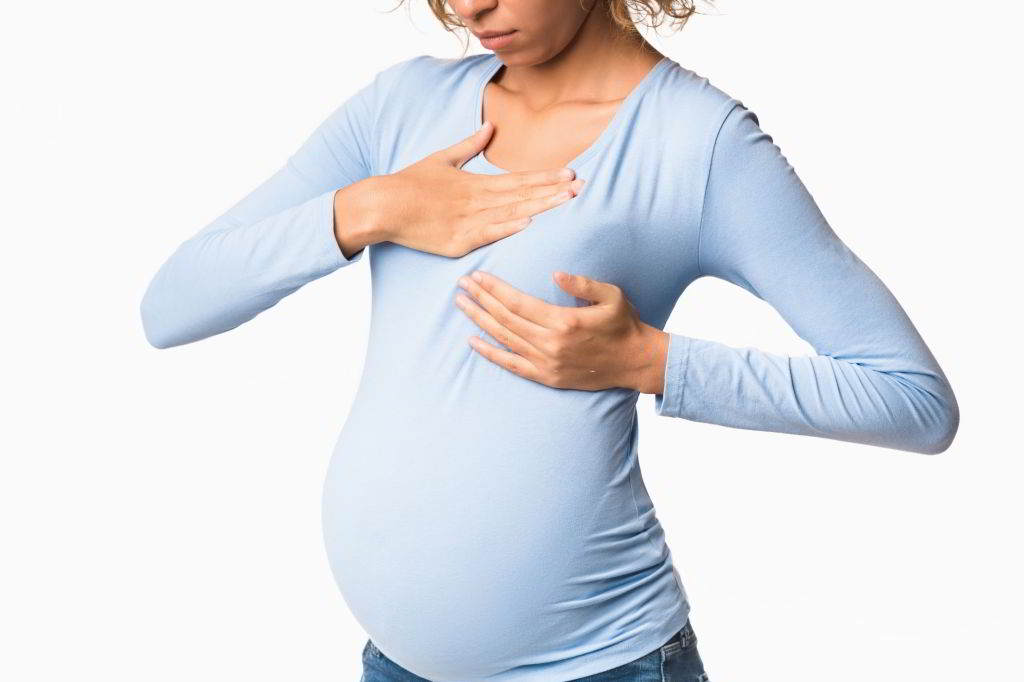
You may also notice tiny bumps on the areolas and wonder what is going on — but again, this is completely normal. These are called Montgomery’s tubercles. They’re oil-producing glands that lubricate the breasts during breastfeeding and make the process a little more comfortable for you and your little one!
During the second and third trimesters you may also begin leaking a yellowish fluid called colostrum. This can be a little disconcerting, but don’t worry! This is the good stuff. Colostrum is an immune-boosting fluid that your baby will drink in the days following delivery, before your milk comes in. This super nutritious fluid is sometimes called “liquid gold” because it’s so good for your baby!
Nipple discharge can happen anytime, but it’s particularly common during nipple stimulation. Nipple discharge can vary in color from creamy white to, yellow, green, or brown (might want to warn your partner about that one).
Bloody nipple discharge can also happen during pregnancy.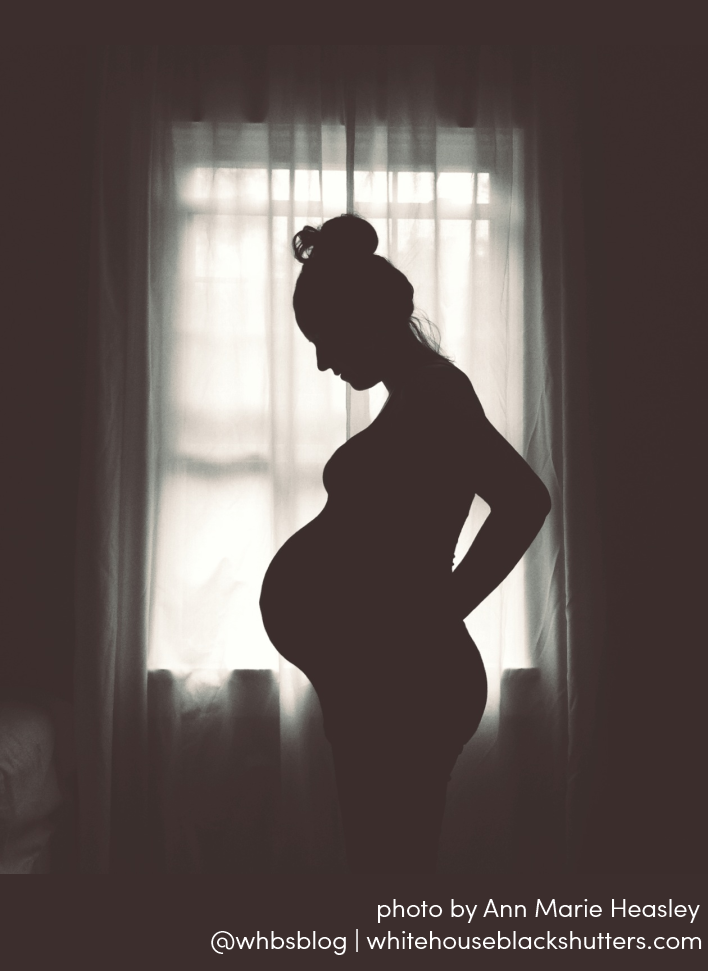 Usually, it is the result of growing milk ducts, but sometimes it can be a sign of a blocked duct.
Usually, it is the result of growing milk ducts, but sometimes it can be a sign of a blocked duct.
Although all this may sound horrifying — and potentially pretty embarrassing if it happens at the wrong time — leaked fluid and discharge actually happen in really small amounts. Concerned about discharge or a leak interrupting your day? Breast pads (inserted into your bra), designed to soak up any leaks during breastfeeding, also work like a charm during pregnancy.
In the final weeks of your pregnancy, you may notice that your breasts have become even larger and heavier than before. Nipple discharge may become more frequent. And you may notice red streaks known as — you guessed it — stretch marks. You’re about to meet your little one!
Breast pain is indeed one of the earliest signs of pregnancy. It can appear in as little as one to two weeks after conception.
Because it may appear before you notice a missed period, breast pain can sometimes be a useful indicator of pregnancy — but it’s by no means definitive.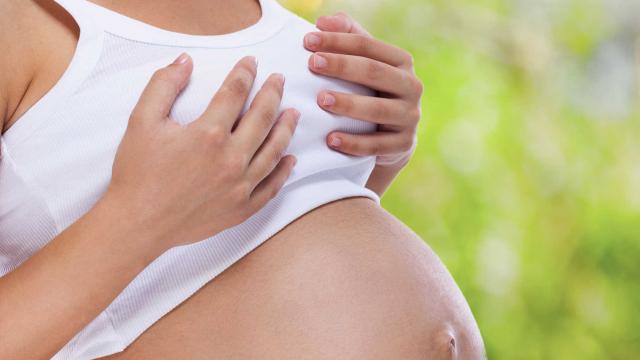
If you’ve been trying to become pregnant and are experiencing unusual breast pain, you may want to go ahead and take a pregnancy test. Just remember, it may be too early for an accurate test result. Patience at this time is just really hard, but test again in a couple days if you still have symptoms and Aunt Flo hasn’t made her appearance.
The symptoms of early pregnancy are very similar to the symptoms of your regular period. So how do you tell the difference?
Short answer: It’s not always possible. This is especially true if you’re someone who typically experiences breast pain during PMS. Again, we have hormones to thank.
Because your hormone levels drop before you get your period, breast pain is a very common symptom. The best way to tell the difference is to see if your period comes or take a pregnancy test. If you notice one or two days of light spotting, but no normal period, this could indicate implantation bleeding and pregnancy.
Sore boobs during pregnancy — or before or during your period, for that matter — is very common and generally nothing to worry about. And if your breast pain goes away after your first trimester, awesome! That’s also totally normal and will definitely come as a relief. Like morning sickness, some symptoms do go away once you’re farther along.
And if your breast pain goes away after your first trimester, awesome! That’s also totally normal and will definitely come as a relief. Like morning sickness, some symptoms do go away once you’re farther along.
What is concerning is feeling a new or growing lump. Benign (harmless) lumps can pop up during pregnancy, so try not to freak out, but definitely get to the doctor ASAP.
About 1 in every 1,000 pregnant women develop breast cancer. This can put the health of you and your baby at serious risk.
Sore boobs are a common early sign of pregnancy, but… they can also be a sign that your period is imminent. If you think you may be pregnant, the best thing to do is pick up a home pregnancy test.
If you are pregnant, chat with an OB-GYN about your breast pain and what to expect as your pregnancy progresses. Typically, it goes away before the second trimester.
Remember, bring any suspicious lumps to the attention of your doctor as soon as you can.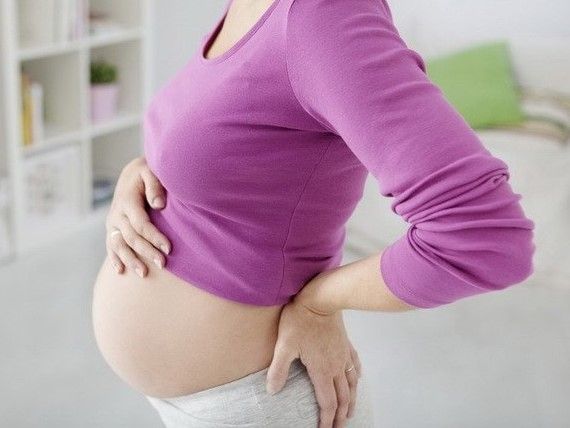
Treatment of pain in the abdomen - Network of clinics "OSTEOMED"
Pain in the abdomen during pregnancy can be of different localization and in most cases they do not conceal anything threatening. Basically, this is a normal reaction of the body to the increasing weight and growth of the uterus. The most hectic period of pregnancy is the first trimester, because ectopic pregnancy, spontaneous abortion and the like can take place here. Anxiety contributes to a lot of hormonal failure in the body. After all, during this period they need to quickly reorganize in a new way, which will allow them to endure, give birth to a healthy child without problems, and even set up proper lactation. Moreover, in each of these stages there is a certain hormonal jump, in which the emotional state of the pregnant woman is often changeable.
Quite often, pain in the lower abdomen is felt during pregnancy in the early stages. If they do not bring much discomfort, there is no spotting, as well as other symptoms of a possible pathology or disease, then treatment is not required. At the beginning of pregnancy, such pains can be associated with hormonal changes, in the middle - with the rapid growth of the uterus, and at the end - with the preparation of the uterus for childbirth.
At the beginning of pregnancy, such pains can be associated with hormonal changes, in the middle - with the rapid growth of the uterus, and at the end - with the preparation of the uterus for childbirth.
First trimester abdominal pain
If the stomach hurts during early pregnancy, then this does not always indicate some kind of pathology. With mild, rarely occurring and quickly passing pains, you should not worry. But for greater certainty, as soon as the test showed two strips, it is worth contacting a gynecologist as soon as possible. This will not only relieve the hassle, but also morally set you up for the upcoming event. With frequent aching, intense and cramping pains, it is urgent to find time and be sure to see a doctor. After all, this may indicate an ectopic pregnancy, which will require urgent surgical intervention. In addition, spontaneous abortion (miscarriage) can also be the cause. However, often, but not always, abdominal pain is accompanied by lower back pain and bleeding.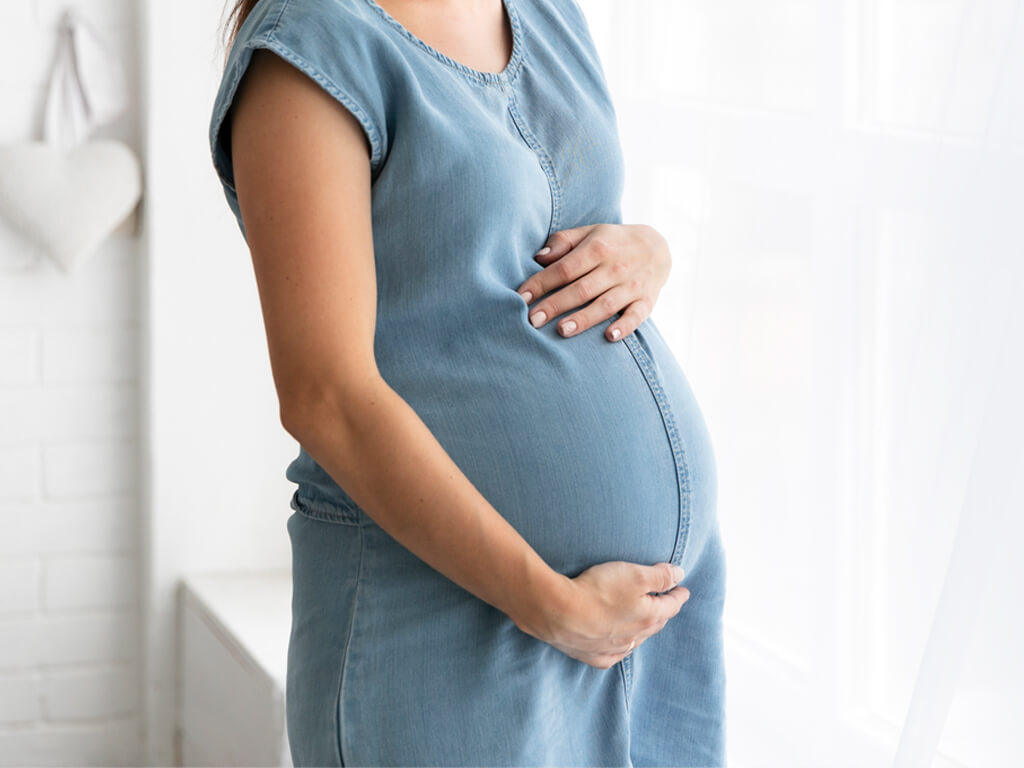 If all indicators of pregnancy are normal, but the stomach still aches, this is explained very simply. The body is rebuilt, the tissues supporting the uterus become softer, looser, while the uterus itself grows and shifts, which contributes to tingling and sipping pains in the lower abdomen.
If all indicators of pregnancy are normal, but the stomach still aches, this is explained very simply. The body is rebuilt, the tissues supporting the uterus become softer, looser, while the uterus itself grows and shifts, which contributes to tingling and sipping pains in the lower abdomen.
Pain in the lower abdomen
Pain in the lower abdomen during pregnancy, and especially in the later stages, is often due to internal pressure, that is, the growing uterus presses on the internal organs, thus disrupting their full-fledged work. The intestine reacts very sensitively to the hormones of "pregnancy" with a decrease in motility, a violation of peristalsis, which is a common cause of constipation, bloating and colic. To avoid this, you need to move more often, eat foods rich in fiber (fruits, vegetables, whole grain bread) and, of course, drink more fluids. Also, pain concentrated in the lower abdomen can be caused by a sprain due to the rapid growth of the uterus, or it can be triggered by premature detachment of the placenta. In the latter case, urgent medical attention is needed, because irreparable harm can be done to the mother and child. In this case, rapid delivery and immediate stopping of bleeding are indicated. In addition, during pregnancy, new or exacerbated chronic diseases can develop, which can also give signals in the lower abdomen. These are cholecystitis, intestinal dysbacteriosis and others. In some cases, emergency surgery is indicated, and therefore it is worth paying attention to the slightest changes in the nature of the pain. If there is even the slightest doubt, you should urgently consult a doctor, otherwise it may be too late. In addition, problems with the genitourinary system are quite possible, which can also provoke pain in the lower abdomen.
In the latter case, urgent medical attention is needed, because irreparable harm can be done to the mother and child. In this case, rapid delivery and immediate stopping of bleeding are indicated. In addition, during pregnancy, new or exacerbated chronic diseases can develop, which can also give signals in the lower abdomen. These are cholecystitis, intestinal dysbacteriosis and others. In some cases, emergency surgery is indicated, and therefore it is worth paying attention to the slightest changes in the nature of the pain. If there is even the slightest doubt, you should urgently consult a doctor, otherwise it may be too late. In addition, problems with the genitourinary system are quite possible, which can also provoke pain in the lower abdomen.
Uterine tone
Uterine tone is painless or slightly painful uterine contractions. If a pregnant woman feels a spasm in the lower abdomen, the stomach becomes like a stone (this is especially noticeable in the second half of pregnancy) - this is a tone.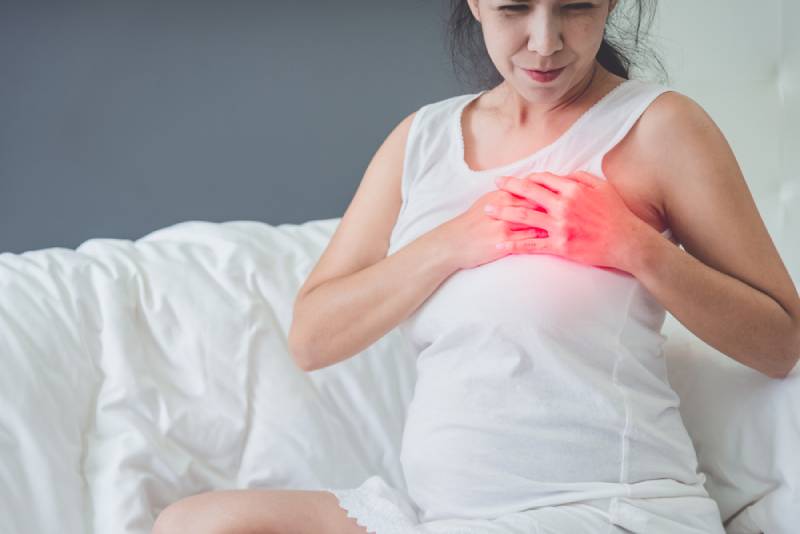 The tone is diagnosed by a gynecologist during an external examination. The fact that the tone was recorded on the ultrasound, contrary to popular belief, is not an indication for treatment and hospitalization. The uterus is a muscular organ, and it is quite normal that it contracts periodically. The key word here is periodically, and, of course, painlessly and for a short time. With uterine tone, doctors recommend taking a horizontal position, lying on your side, you can take an antispasmodic pill and use a Papaverine suppository.
The tone is diagnosed by a gynecologist during an external examination. The fact that the tone was recorded on the ultrasound, contrary to popular belief, is not an indication for treatment and hospitalization. The uterus is a muscular organ, and it is quite normal that it contracts periodically. The key word here is periodically, and, of course, painlessly and for a short time. With uterine tone, doctors recommend taking a horizontal position, lying on your side, you can take an antispasmodic pill and use a Papaverine suppository.
Preliminaries
As a rule, there are minor pains in the lower abdomen during late pregnancy - these are preparatory contractions. Thus, the uterus prepares for the upcoming birth. In some women, the uterus begins to “prepare” like this at 32 weeks, in others for 1-2 weeks, and someone either does not notice these weak contractions, or considers this the norm, and therefore does not pay attention. It is very important to learn to distinguish between preliminary contractions and true ones, those that begin already in childbirth.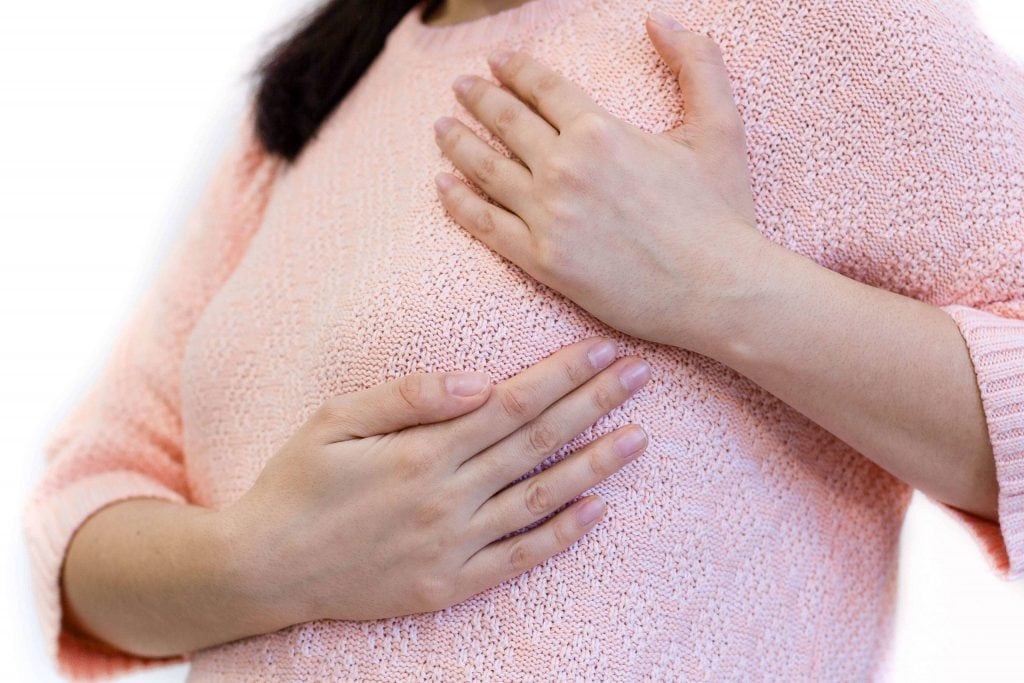 Preliminary contractions last for several seconds, and they are not regular, unlike true ones, and do not intensify. It has been observed that nulliparous women are more likely to experience pre-contractions than multiparous women. This kind of pain is removed very easily by non-drug methods - you can just take a deep breath, lie down and relax. In many cases, taking a warm (not hot!) bath helps.
Preliminary contractions last for several seconds, and they are not regular, unlike true ones, and do not intensify. It has been observed that nulliparous women are more likely to experience pre-contractions than multiparous women. This kind of pain is removed very easily by non-drug methods - you can just take a deep breath, lie down and relax. In many cases, taking a warm (not hot!) bath helps.
Gynecological pathologies
Those 4 reasons that we described above are variants of the norm. However, it is urgent to consult a doctor if these conditions are accompanied by bloody or brown vaginal discharge, clear or greenish vaginal discharge (they may turn out to be amniotic fluid), if the pain lasts for several minutes, is not relieved by antispasmodics and only increases when weakness appears, dizziness, flies before the eyes, etc. In a word, if the condition worsens. Such symptoms may indicate a threat or a spontaneous miscarriage, a frozen or ectopic pregnancy (when an early pregnancy, pain in the lower abdomen), premature or term birth, etc.
Other reasons
However, not always abdominal pain in expectant mothers occurs precisely because of gynecological problems and is a consequence of pregnancy. Here are some other possible reasons.
1. Cystitis and other diseases of the female excretory system. The ureter is located next to the internal genital organs, because this pain is often confused with "gynecological". Usually the pain occurs in such cases suddenly, has a "stabbing" character. Pain in the lower abdomen is accompanied by frequent and painful urination. The urologist treats the genitourinary system. You should not start the disease, because it is caused by an infection that is unsafe for the child. Folk remedies, like bearberry, do not help well, but the doctor can prescribe effective medications that are approved for use by pregnant women.
2. Problems with the intestines: diarrhea, constipation, bloating. It should be noted that the last 2 are frequent occurrences in expectant mothers.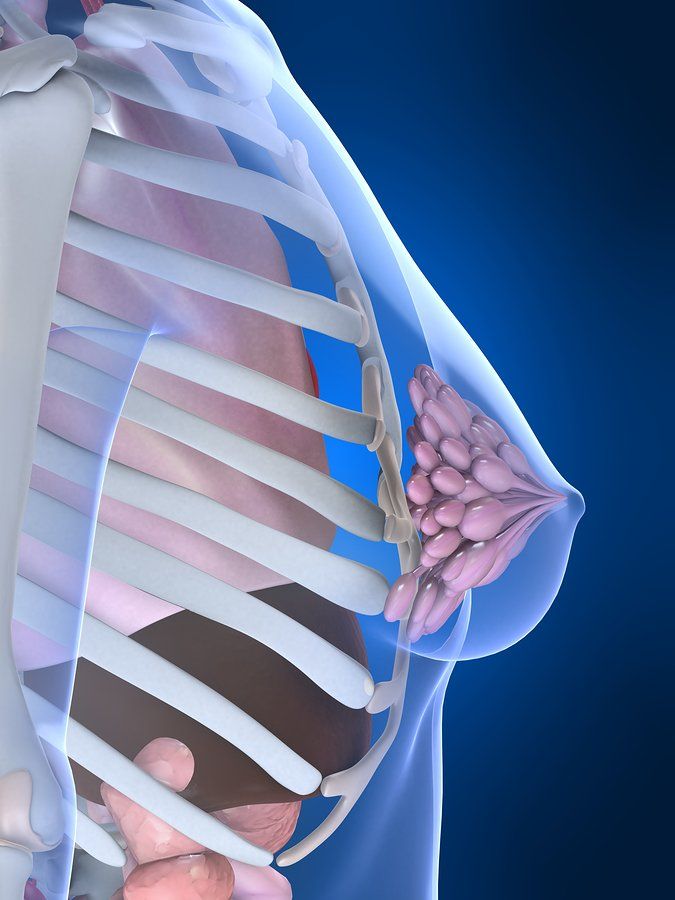 Constipation is caused by a decrease in physical activity, displacement of internal organs due to the growth of the uterus, malnutrition, and insufficient fluid intake. Bloating is caused by the consumption of appropriate foods, as well as soda. Sometimes it is enough to go to the toilet for the pain in the abdomen to go away if it's constipation.
Constipation is caused by a decrease in physical activity, displacement of internal organs due to the growth of the uterus, malnutrition, and insufficient fluid intake. Bloating is caused by the consumption of appropriate foods, as well as soda. Sometimes it is enough to go to the toilet for the pain in the abdomen to go away if it's constipation.
3. Poisoning or rotovirus infection. Their symptoms are very similar. Usually it all starts with cramping pains in the lower abdomen, sometimes the pain goes to the navel. Then comes diarrhea and/or vomiting.
4. Appendicitis. If you have pregnancy, pulling pains in the lower abdomen do not always indicate tone or minor ailments, this may be a symptom of appendicitis, especially if the pain is right-sided, accompanied by fever. The correct diagnosis can be made by the surgeon. If the pain does not go away within an hour or two, but only increases, you should not attribute everything to an intestinal disorder and drink drugs like "smecta", this is very dangerous. If surgery is not carried out in time, it can lead to peritonitis.
If surgery is not carried out in time, it can lead to peritonitis.
And this is not all the reasons. Pregnant women, not for the first time, can quite easily distinguish the pain caused by uterine spasm from other types of pain. But in any case, it does not hurt to see a doctor.
Upper abdominal pain
Pain at the top of the abdomen during pregnancy mainly occurs in the later stages. Their cause is the same uterus, which is constantly growing, slowly begins to reach the upper organs of the peritoneum. This primarily affects the liver, gallbladder, stomach, pancreas, disturbances in which lead to symptoms such as belching, bitterness in the mouth. In addition, very often in the last trimester of pregnancy, the stomach throws gastric juice up the esophagus, causing considerable discomfort. To avoid these unpleasant moments, you need to eat a balanced diet, which should be eaten in small portions. It is desirable, of course, to exclude fried, spicy, too salty and too sweet.
Stitches
Stinging abdominal pain during pregnancy occurs for many reasons. This may be stagnation of feces in the intestines, which also provokes flatulence and constipation. By the way, the latter, in the future, can become one of the causes of hemorrhoids. It is also necessary to pay attention to the intensity of pain. If it is weak, rarely occurring, then you should not dwell on it. But if the pain is severe, especially sharp, you need to consult a doctor. Acute pain may be due to the development of appendicitis, inflammation of the gallbladder (cholecystitis), pancreas. Often, during the filling of the bladder, expectant mothers complain of pains of a pulling nature in this area, which turn into stitches, and become more painful when urinating, which indicates cystitis. In addition, stabbing pains may indicate the presence of infectious diseases, which are most often sexually transmitted.
Abdominal pain on the left
Abdominal pain on the left during pregnancy can be caused by various diseases of the internal organs.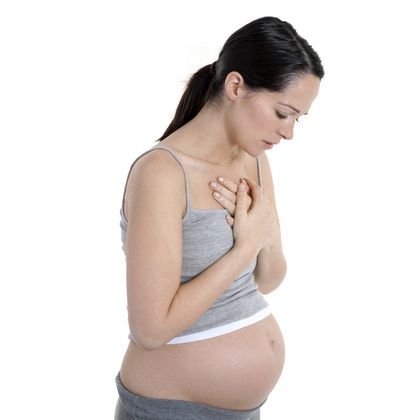 They can signal various lesions of the stomach and pancreas, the splenic flexure of the colon and, in fact, the spleen itself, as well as the left kidney. In addition, pain localized in the left side of the abdomen is possible when a hiatal hernia occurs.
They can signal various lesions of the stomach and pancreas, the splenic flexure of the colon and, in fact, the spleen itself, as well as the left kidney. In addition, pain localized in the left side of the abdomen is possible when a hiatal hernia occurs.
Abdominal pain on the right
Abdominal pain on the right during pregnancy most often occurs with diseases of the gallbladder, liver, duodenum, and right kidney. If the pain is accompanied by other symptoms, you should consult a doctor. For example, the symptoms of inflammation of the gallbladder include not only pain in the right side of the abdomen, but also nausea and vomiting (which are often confused with toxicosis). As a rule, following a salt-free diet with the complete exclusion of fatty, fried and spicy foods helps to cope with this problem. Possible formation of sand or kidney stones. Basically, during pregnancy, they try not to affect this organ, because it is of great importance when carrying a child. But if the doctor sees some kind of pathology or the hopelessness of the current situation, which can affect the further course of pregnancy, then measures will be taken to eliminate the cause of pain, with the maximum benefit for the fetus and woman.
But if the doctor sees some kind of pathology or the hopelessness of the current situation, which can affect the further course of pregnancy, then measures will be taken to eliminate the cause of pain, with the maximum benefit for the fetus and woman.
Abdominal pain when walking
Often, the stomach hurts when walking in a pregnant woman, causing some discomfort. Basically, this problem concerns the second and third trimesters of pregnancy, that is, those periods when the uterus begins to actively grow, thereby causing a change in the center of balance. This is one of the reasons for the so-called duck walk. Many pregnant women are ashamed of this and try hard to walk the same way as they used to walk, which causes pain. The second reason is the softening of the joints located between the pelvic bones. Thus, the body prepares for the passage of the baby through the birth canal. To reduce or even get rid of pain, you should pay attention to the position of your body when walking. The correct position of the torso during pregnancy is to take the shoulders back, shifting the center of gravity from the toe to the heel, and the use of a special bandage for pregnant women will also bring invaluable help, which will not only reduce the load from the abdomen, but also remove tension from the spine.
The correct position of the torso during pregnancy is to take the shoulders back, shifting the center of gravity from the toe to the heel, and the use of a special bandage for pregnant women will also bring invaluable help, which will not only reduce the load from the abdomen, but also remove tension from the spine.
Severe pain
The stomach hurts a lot during pregnancy during the course of some, at least not very good changes. Normally, there should be no severe pain. But if they have already arisen, then you should not endure them, it is imperative to consult with the local gynecologist. Severe pain can be the result of ectopic pregnancy, placental abruption, miscarriage, premature birth, as well as diseases associated with inflammation and chronic diseases of the internal organs. In principle, in any of these cases, it is necessary to call an ambulance as soon as possible, because untimely assistance can lead to disastrous consequences. The most important thing in this matter is not to miss the precious time that can give life to a small miracle, and maybe more than one.
Abdominal pain can be of different localization, intensity and etiology. If you have any doubts about this, you should immediately consult a doctor. If other symptoms, such as nausea, vomiting, dizziness, loss of consciousness, and the like, join pain in the abdomen, you should urgently, without delay, call an ambulance.
OSTEOPATHICS AND ABDOMINAL PAIN
We recommend that you use our services and prevent abdominal pain without the use of medicines that are harmful to the expectant mother. Osteopathy will help you not only get rid of pain, but also prevent their occurrence. Our specialists, absolutely safely, will carry out the treatment very carefully and efficiently. As a rule, osteopathic treatment is an excellent alternative to surgery in the treatment of many gynecological diseases.
Osteopathy is a universally recognized scientific method of treatment, the main medical tool of which is the hands of a specialist.
The osteopathic doctor can determine the cause of the pain with just soft touches and, if possible, eliminate it. Osteopathy treats the human body very carefully, believing that the basis of health is its balanced activity, which means that this method will not harm either the expectant mother or the baby.
Osteopathy treats the human body very carefully, believing that the basis of health is its balanced activity, which means that this method will not harm either the expectant mother or the baby.
What kind of pain occurs during pregnancy, when is it normal and what to do for pain during pregnancy | 74.ru
All newsChelyabinsk resident, wounded at work by her ex-husband with a pistol, died two months later in hospital
The Kremlin told if negotiations with Ukraine are possible
“My mother-in-law said that I was a coward who left my family.” The story of a father of three children who left for Kazakhstan, but returned to Russia a month later
A truck driver who caused a fatal accident with a bus near Chelyabinsk was prosecuted
In Magnitogorsk they said goodbye to the dead 33-year-old conscript. He is survived by his wife and daughter
“An ordinary phenomenon in late autumn”: why icy sidewalks negate spending on boulevards and new transport
School desks and Soviet textbooks: a report from a “secret” school that parents preferred to a regular one
Shift worker from a bus that overturned in the South Urals told how the accident happened
“There is a continuous skating rink in the city.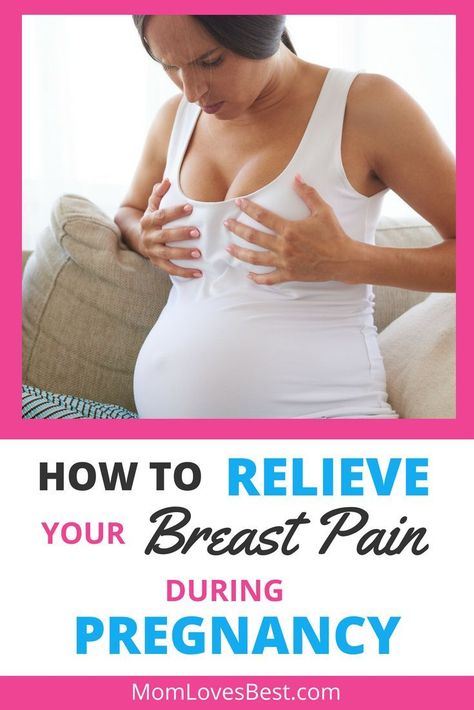 ” What did the mayor's office say to Chelyabinsk residents who complained about slippery sidewalks
” What did the mayor's office say to Chelyabinsk residents who complained about slippery sidewalks
33-year-old mobilized from the Chelyabinsk region died during a special operation
What kind of drawer is this? Check if you know the meanings of rare words in the Russian language
Two popular resorts have teamed up for the new ski season: which slopes will open on November 11
for entrepreneurs
“We went through 7 circles of hell”: how mothers of children with diabetes knock out insulin through the security forces and the courts
“The operator said that there are no more offices”: Chelyabinsk residents were alarmed by changes in the work of Rosgosstrakh
“I tried to deceive myself that these were fireworks”: a doctor who returned to Chelyabinsk from the NMD zone talks about work and life in the DPR
a month left: what taxes need to be paid before December (and how to save on them)
3 million people can be evacuated from Kyiv: SVO news for November 6
They steal from pockets, unscrew light bulbs and give a lot of happiness.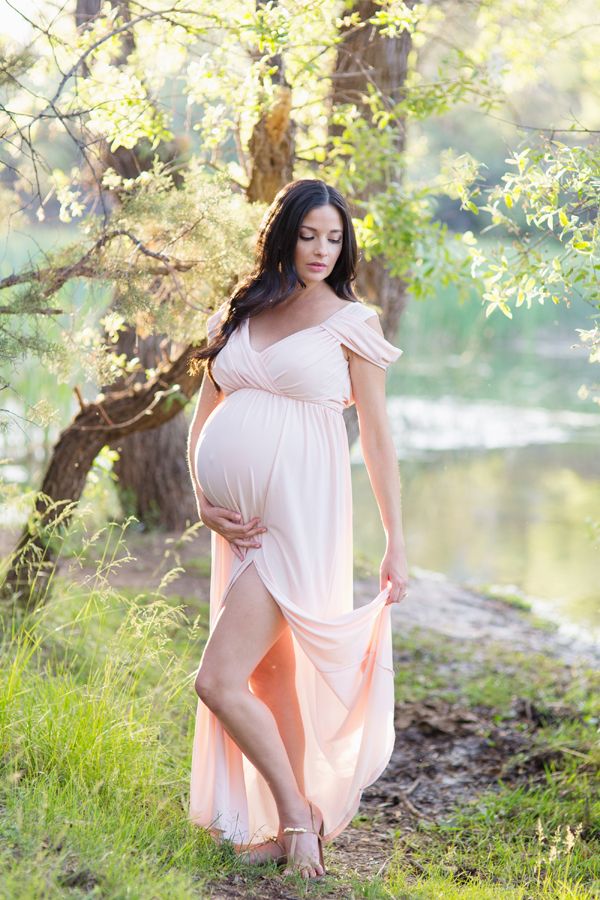 The owner of the raccoon family spoke about her pets0004
The owner of the raccoon family spoke about her pets0004
Motorists got stuck in a traffic jam on the M-5 highway in the Chelyabinsk region
“She is different”: a dermatologist told how to find a deadly mole in her body night club
On the highway near Chelyabinsk, the bus got into a fatal accident
The mother of a teenager answered the accusations of attacks on residents of villages near Chelyabinsk
Doctors named 20 foods that can lead to gout
A car burned down near a bus stop in Chelyabinsk. The incident was caught on video
"People like me supplied gangsters for organized crime groups." The story of a guy who puts things in order in his “neighbourhood”
“You won’t do anything to me”: a difficult teenager attacks residents of villages near Chelyabinsk
They broke through one door: how the Kostroma club “Polygon” burned down along with the guests. The whole history of the tragedy
Three people died in a fire in the Chelyabinsk region
Iran supplied drones to Russia, and “Talk about the Important” is a must-see: NWO news for November 5
"People ran out and just howled. " What happened before the fire in the nightclub, where 13 people died
" What happened before the fire in the nightclub, where 13 people died
Pine trees began to be planted on Khudyakov to replace the trees demolished during the widening of the road
Like three drops of water! The story of inseparable triplets who can only be distinguished by their parents (can you do it?)
“Not a model, I’m joking funny, I’m not looking for a sponsor”: we are sorting out with a psychologist what to write in a profile on a dating site to arouse interest
In Chelyabinsk, a minibus flew to a stop during a snowfall and hit a man
They will live without food for two weeks: the whole country is watching the fate of dolphins thrown into the sea by their owners the drug - "everything hurts, nothing helps," that's what it was like during my pregnancy, especially at the very beginning, - Marina Gladkova smiles. - My back ached wildly, my lower abdomen ached, I was pulling somewhere on the side and a headache came up with an enviable frequency.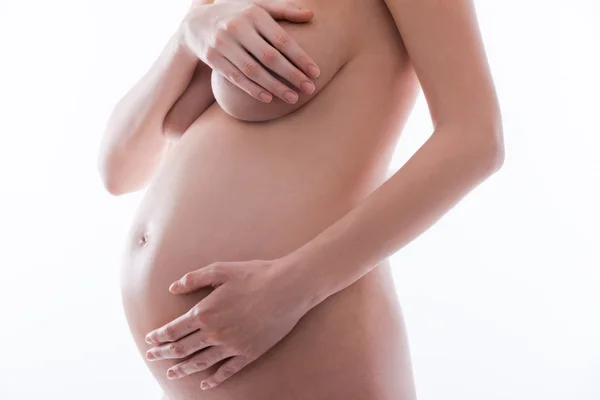 For this reason, a good half of the exciting period of "waiting for a miracle" turned into unforeseen stress. The problem was elementary: I did not know what hurts and why. Oh, if someone had told me then what sensations are normal and what are not, but my doctor, unfortunately, preferred general phrases, like "if you feel something is not right, call an ambulance." But where is it, that very “not that”?
For this reason, a good half of the exciting period of "waiting for a miracle" turned into unforeseen stress. The problem was elementary: I did not know what hurts and why. Oh, if someone had told me then what sensations are normal and what are not, but my doctor, unfortunately, preferred general phrases, like "if you feel something is not right, call an ambulance." But where is it, that very “not that”?
“When the first pregnancy occurs, many things seem unusual: the body changes at an incredible speed,” explains obstetrician-gynecologist Irina Lukoshkina . - In addition, the saying “fear has big eyes” in this case justifies itself one hundred percent - even minor pain sensations become almost unbearable. I want to make a reservation right away that each case is individual, and we can only derive some general pain “directions” - “normal” and “wrong”, indicating the existing problems. But it is best if expectant mothers consult a doctor in the event of discomfort. Doctors get paid for this, so don't be afraid to "worry in vain": in this case it is better to be safe than vice versa.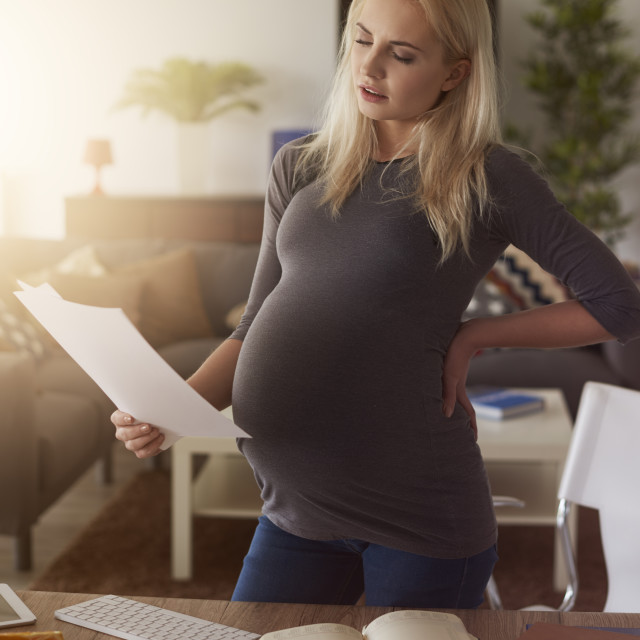
All pain that occurs during pregnancy can be divided into two large groups: obstetric and non-obstetric. The first group includes pain that occurs during ectopic pregnancy, premature detachment of the placenta and the threat of abortion. To the second - pain associated with the gastrointestinal tract, stretching of the ligaments that support the uterus, tension in the abdominal muscles, or with any surgical disease (for example, with appendicitis).
So, let's talk about what sensations can more or less be considered normal. More precisely, the "costs" of their pregnant status.
It must be understood that the first and second trimesters of pregnancy are a global era of change. The ligaments and muscles that support the uterus gradually stretch, and pain in the lower abdomen or pulling sensations may be more noticeable when you cough, sneeze, or change position. And this is more of a norm than a sign of trouble.
The second cause of discomfort may be due to the fact that during pregnancy, intestinal motility deteriorates and food moves more slowly.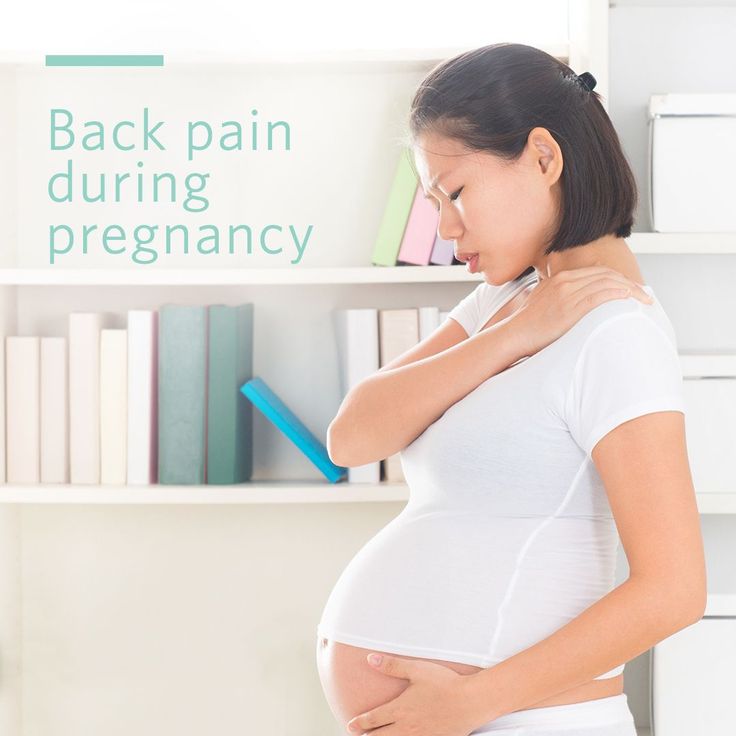 The pressure of the growing uterus on the intestines exacerbates the problem. Constipation is a very common nuisance for expectant mothers and can lead to severe pain in the lower abdomen, which can be easily confused with gynecological ones. Eating vegetables, dried fruits and bran will help get rid of this delicate problem. Walking and doing light exercise will help bring your bowels back to life.
The pressure of the growing uterus on the intestines exacerbates the problem. Constipation is a very common nuisance for expectant mothers and can lead to severe pain in the lower abdomen, which can be easily confused with gynecological ones. Eating vegetables, dried fruits and bran will help get rid of this delicate problem. Walking and doing light exercise will help bring your bowels back to life.
Very rarely during pregnancy, diseases such as appendicitis, pancreatitis, intestinal obstruction may worsen. The pain in these diseases is specific: it grows, accompanied by fever and nausea, dizziness. It is possible that surgical intervention may be required. Therefore, if you feel something like this, it is best to see a doctor or call an ambulance as soon as possible.
Back and lower back pain ranks second: more than half of all pregnant women experience this problem. Most often, this pain is associated with an increase in the load on the spine and weakening of the abdominal muscles due to their stretching.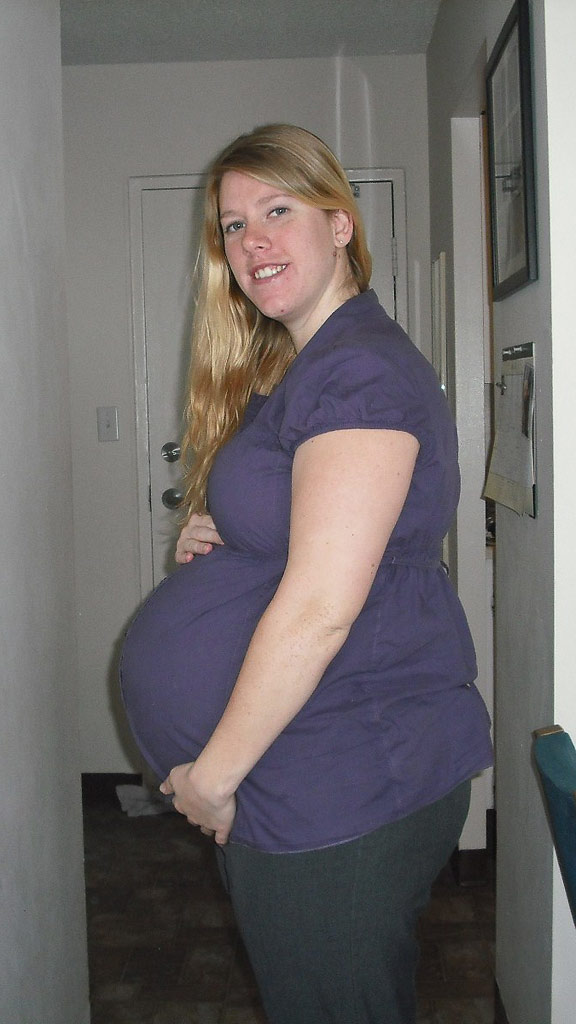 Usually these sensations appear after the fifth month of pregnancy, and for someone - much earlier. They decrease and disappear only after childbirth. Sometimes the pain radiates to the leg, and it intensifies after physical exertion, long walking, long standing, sitting in an uncomfortable position. Pain in the pubic and sacral region (felt in the hip joints and along the front surface of the thigh) is due to a slight softening of the ligaments caused by changes in the hormonal background in pregnant women and the production of the hormone relaxin.
Usually these sensations appear after the fifth month of pregnancy, and for someone - much earlier. They decrease and disappear only after childbirth. Sometimes the pain radiates to the leg, and it intensifies after physical exertion, long walking, long standing, sitting in an uncomfortable position. Pain in the pubic and sacral region (felt in the hip joints and along the front surface of the thigh) is due to a slight softening of the ligaments caused by changes in the hormonal background in pregnant women and the production of the hormone relaxin.
If back or lower back pain is accompanied by fever, swelling, headache and high blood pressure, frequent urination, while the urine becomes cloudy and changes color, you should definitely consult a doctor. These symptoms are typical for kidney diseases that require treatment in a hospital, as they have an adverse effect on the course of pregnancy, the condition of the fetus, the health of the woman, and cause severe complications. Most often, with such symptoms, pyelonephritis is detected - inflammation of the kidney tissue and upper urinary tract caused by infection.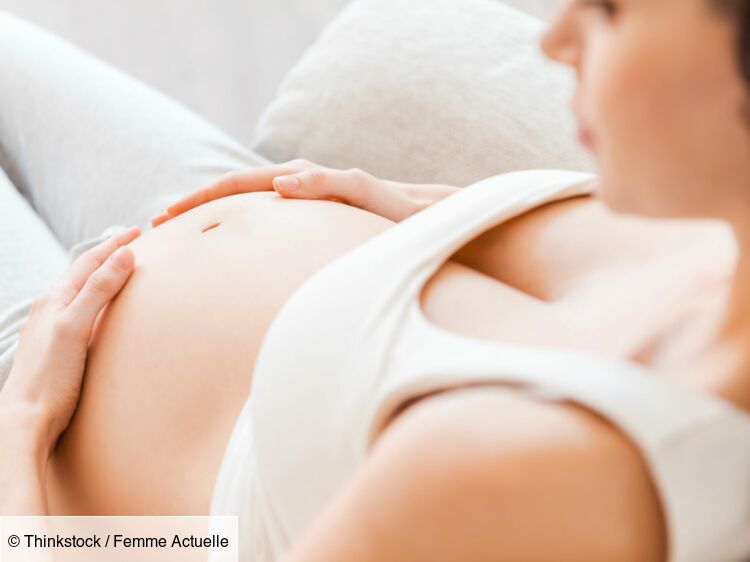
Chest pain is one of the leaders of "normal" pain. Changes in the mammary glands (together with morning sickness) usually indicate that pregnancy has occurred even before any tests. Under the influence of pregnancy hormones, the mammary glands begin to increase in size, their structure changes - preparation for lactation takes place. Sometimes these processes are accompanied by discomfort and pain. It doesn't need to be treated. But you can reduce unpleasant symptoms. First, the right choice of underwear. The bra should be comfortable, made from natural materials, suitable in size. He should not constrain and squeeze the mammary glands, but at the same time he must support them well. The raised position of the chest improves blood circulation in it and prevents congestion. Secondly, it is important to remember about hygiene procedures. The chest is washed daily with water at room temperature or wiped with a wet towel. Thirdly, simple physical exercises will also help - they will strengthen the muscles and ligaments that support the mammary glands, improve the outflow of lymph from the chest.
“Very important: severe pain that lasts for several hours all the time without stopping, or pain accompanied by fever, vaginal bleeding or cramping in the lower abdomen, is not a normal phenomenon, moreover, it is dangerous, — warns obstetrician-gynecologist Irina Lukoshkina. - If you observe these signs or have any doubts about the cause of the pain, call your doctor immediately. It's important to listen to your intuition. This is just the case when it will not be superfluous: perhaps this way you will be able to save the life of your baby.
Indeed, sometimes abdominal pain is a sign of obstetric distress. Problems can be related to both the course of pregnancy and general health. One of the causes of pain during pregnancy is the threat of miscarriage. The pain at the same time is of a constant pulling or cramping character, is felt in the lower abdomen and lower back, does not subside without taking medications. Pain may be accompanied by the appearance of blood discharge from the genital tract of varying intensity. This is a reason for an immediate consultation with a specialist, the appointment of a comprehensive examination and treatment, possibly in a hospital setting. The examination includes an examination by a doctor, a study of the characteristics of the state of health and the course of pregnancy, and an ultrasound examination. With the help of special laboratory studies, hormonal, immunological, infectious and genetic causes are clarified, which could lead to a complicated course of pregnancy and impaired fetal development.
This is a reason for an immediate consultation with a specialist, the appointment of a comprehensive examination and treatment, possibly in a hospital setting. The examination includes an examination by a doctor, a study of the characteristics of the state of health and the course of pregnancy, and an ultrasound examination. With the help of special laboratory studies, hormonal, immunological, infectious and genetic causes are clarified, which could lead to a complicated course of pregnancy and impaired fetal development.
Do not forget about an ectopic pregnancy, in which the fertilized egg is attached outside the uterus. At the same time, the study of the pregnancy hormone in the blood and the pregnancy test are positive, but during the ultrasound examination, the fetal egg is not detected in the uterus. The growth of the fetal egg outside the uterus cannot occur for a long time. Such a pregnancy is quickly interrupted (in the first few weeks). This is accompanied by severe intra-abdominal bleeding and sharp pain in the abdomen, which radiates to the rectum, to the leg.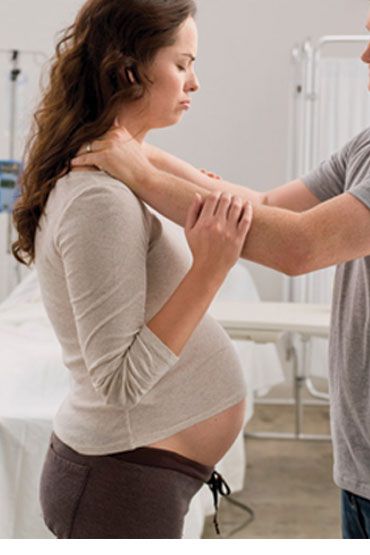 Dizziness, vomiting, and fainting may also occur. The situation is very serious, it requires prompt medical intervention and surgical treatment.
Dizziness, vomiting, and fainting may also occur. The situation is very serious, it requires prompt medical intervention and surgical treatment.
If the time is long - more than thirty weeks, and the pain is acute or cramping, then it may be a signal of placental abruption or premature birth. If spotting also appears, then urgently call an ambulance, if abdominal pain during pregnancy is unstable and tolerable, you can limit yourself to calling a doctor at home. Pregnant women should not forget that a couple of weeks before giving birth, they may experience false Braxton-Hicks contractions. They are characterized by inconstancy and short duration, if the pain increases, and the contractions become more frequent, then here we are talking about real prenatal contractions that will help your baby get out into the world. The main thing is not to panic and remain calm, call an ambulance. If it is too early for childbirth, then react to the situation and remember that everything is still fixable. If the deadlines are acceptable, then rejoice: soon you will see your baby!
If the deadlines are acceptable, then rejoice: soon you will see your baby!
We have touched on only a few main areas, it is simply impossible to discuss everything. Each expectant mother is individual, and it is impossible to predict how your pregnant body will behave in advance. So listen to yourself, your intuition and your doctor. The two of you will figure it out for sure!
Related
-
January 14, 2020, 09:00
Between us girls. Who and how tests drugs on pregnant women -
November 01, 2018, 08:44
Screening 74.ru: we tell you where the fashion for partner births in Chelyabinsk came from
Evgenia Gribkova
Pregnancy
- Like284
- Laughter29
- Anges
- sadness52
saw the Otchka? Select a fragment and press Ctrl+Enter
COMMENTS109
Read all comments
What can I do if I log in?
COMMENT RULES
0 / 1400 This site is protected by reCAPTCHA and Google.